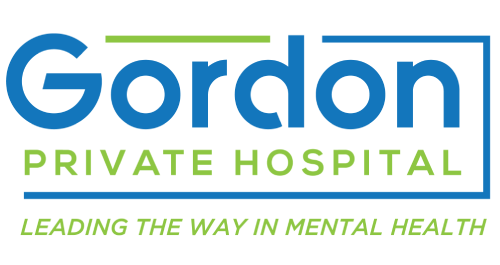
HOME . Mental Health Treatments . Trauma / Post Traumatic Stress Disorder
Trauma / Post Traumatic Stress Disorder
Trauma / Post Traumatic Stress Disorder
Help for PTSD in Sydney
What is PTSD?
People who have experienced a severe traumatic event, particularly one where their life was at risk, may develop post-traumatic stress disorder (PTSD). It is important to note that acute distress following such an event is quite common, but symptoms usually subside after a few weeks.
Only if symptoms are present for more than one month and seriously affect a person's quality of life and functioning is a diagnosis of PTSD considered. Symptoms usually include re experiencing intrusions (e.g. intrusive memories, flashbacks and distressing dreams), avoidance of memories or reminders of the event, a decline in mood and increased hyperarousal (e.g. irritability or easily startled). Note that because PTSD is largely a fear response, it is different to grief, another common reaction following a traumatic event.
Research suggests that PTSD symptoms may be a result of experiences during a traumatic event not being laid down and integrated in the brain as they normally would. Some researchers have proposed that a fear network is created in the brain, keeping you in a state of high alert and constantly looking out for danger.
While this mechanism can be helpful for survival in dangerous situations, people can find themselves stuck in this state of high alert even when the danger has passed.
How common is it?
According to the 2007 Australian National Survey of Mental Health, it is estimated that 1 in 16 Australians experienced PTSD in the 12 months before the survey, making it the most common anxiety disorder in Australia.
Individuals with PTSD frequently experience symptoms of another mental health condition, most commonly depressive, bipolar, anxiety and substance use disorders. Other comorbid disorders include conduct disorder, traumatic brain injury and neurocognitive disorder. In children, oppositional defiant disorder and separation anxiety can co-occur with PTSD.
What can I do about it?
If you are concerned about your symptoms, particularly if they are affecting your quality of life, we recommend to make an appointment to discuss your concerns with a qualified mental health professional, like a psychiatrist or clinical psychologist. In some cases, a combined approach of seeing a psychiatrist and clinical psychologist has been found to be most helpful.
Professional Help
Psychological treatment of PTSD typically involves skills training in anxiety management followed by a range of structured strategies to facilitate emotional processing of the traumatic memory. A clinical psychologist will help a person to do this in a safe environment.
Another focus of psychological therapy for PTSD is to identify and work through how the experience of the trauma has altered the person's view of the world. It is common for people to view themselves or the world as bad following a traumatic event and that the world is an unsafe place. Themes of guilt and shame are also common.
Cognitive therapy will explore these changes in thinking to help the person successfully process the traumatic event.
Medications such as common antidepressants have also been shown to be beneficial in treating PTSD.
Complex PTSD
Trauma occurring over a sustained period of time, particularly during crucial stages of development (infancy, childhood and adolescence) may result in a range of psychiatric difficulties, termed complex PTSD. This may include mood dysregulation, identity disturbance and difficulties forming secure and trusting relationships. Complex trauma disorders are generally long-term and require an individualised approach to psychotherapy and sometimes medication. This type of trauma also increases the risk of other mental health disorders.
Treatment for PTSD in Sydney
Gordon Private Hospital
There are different steps that may need to be taken to reduce the effects of PTSD. At Gordon Private Hospital, everything we do is based on the latest in anxiety reduction science. Our mental health hospital provides therapists, psychiatrists, and other experts to help work through these symptoms in a safe and comfortable environment.
We’ll help you understand the experience of your trauma, walk you through recovery, and provide you with tools that you can take with you to keep your anxiety away. While no one can take the trauma away, you deserve to live a life that isn’t defined by it. Please contact our Admission Team today for further information.
